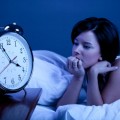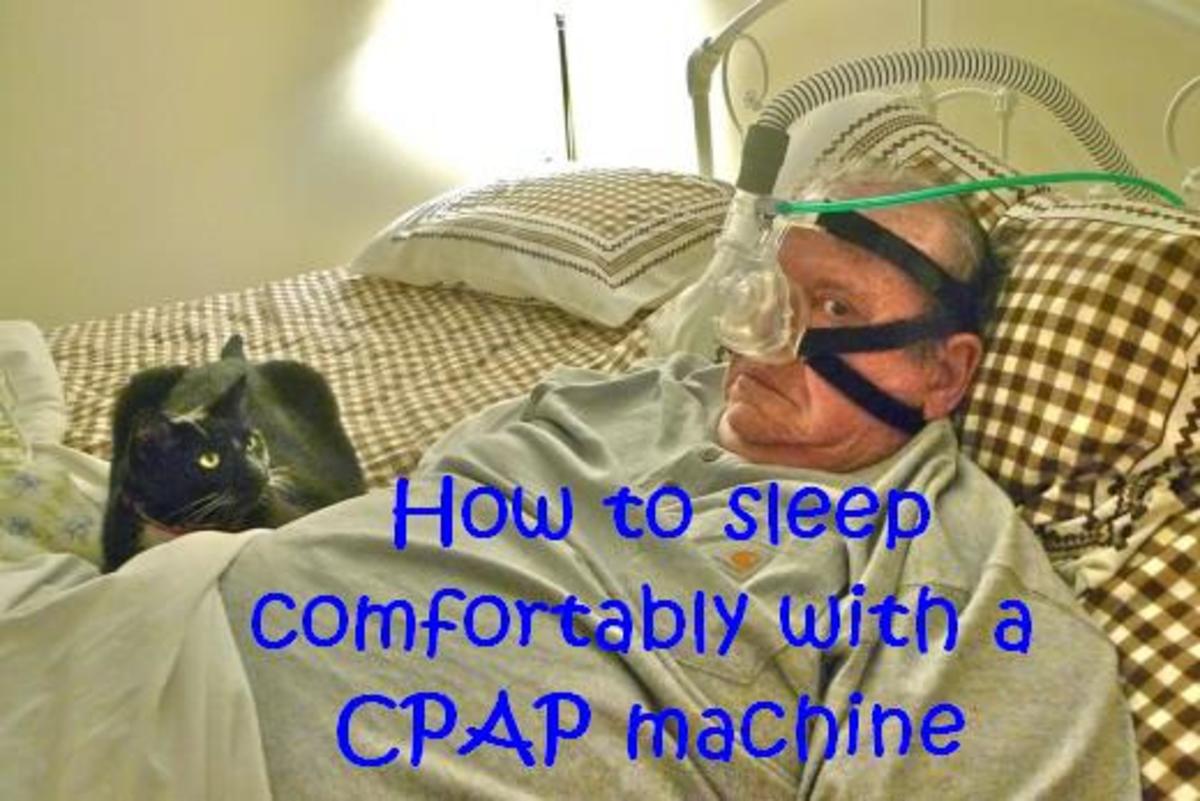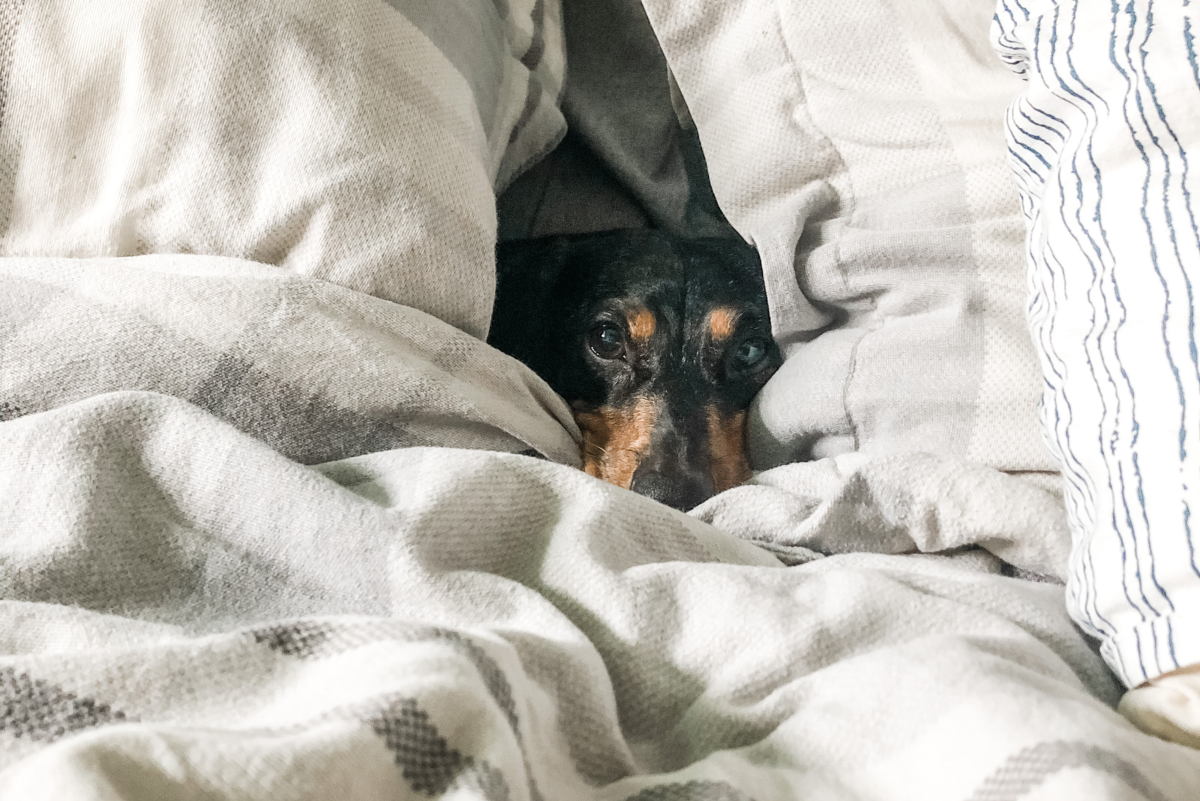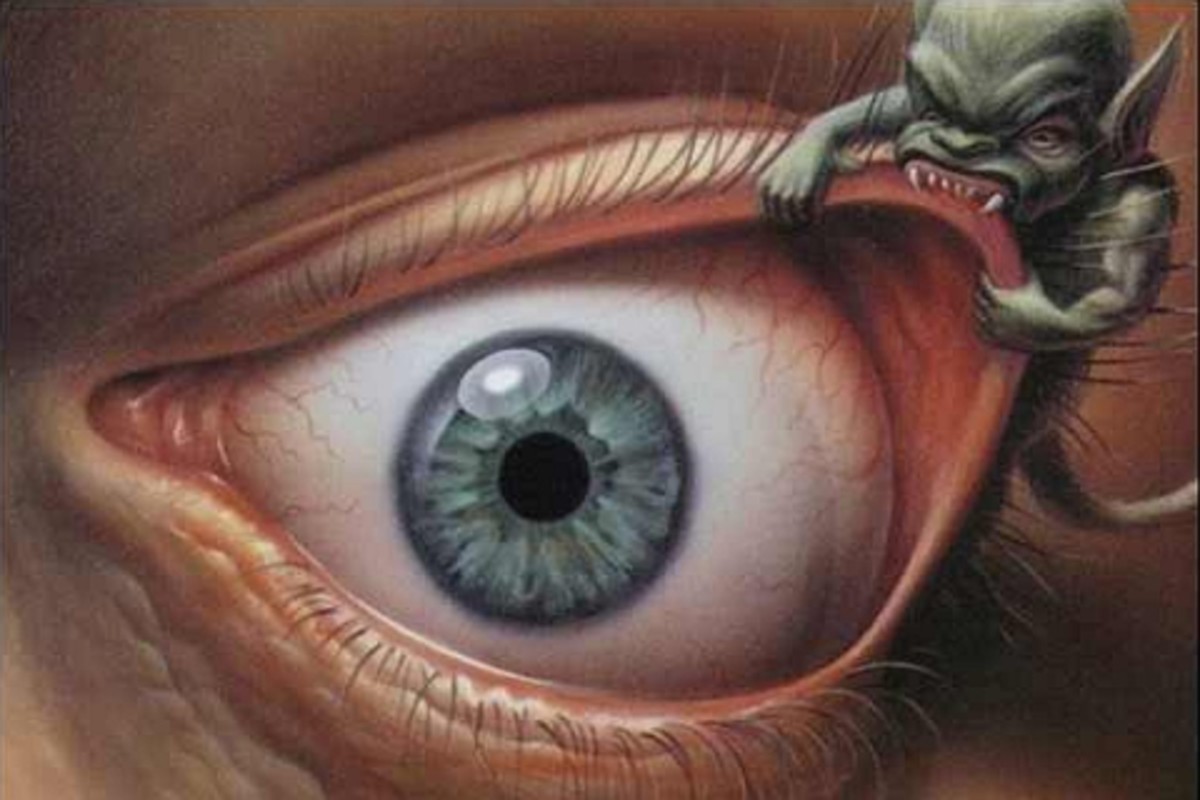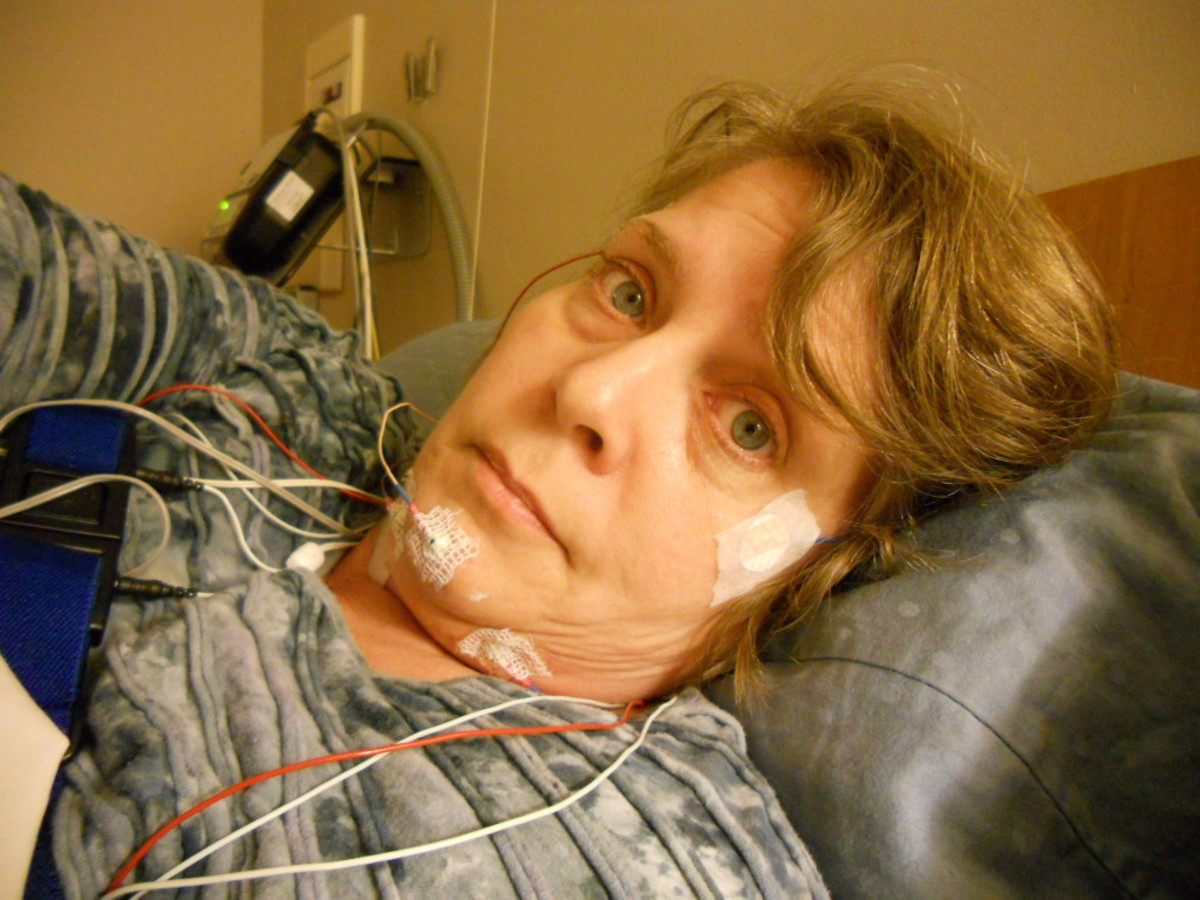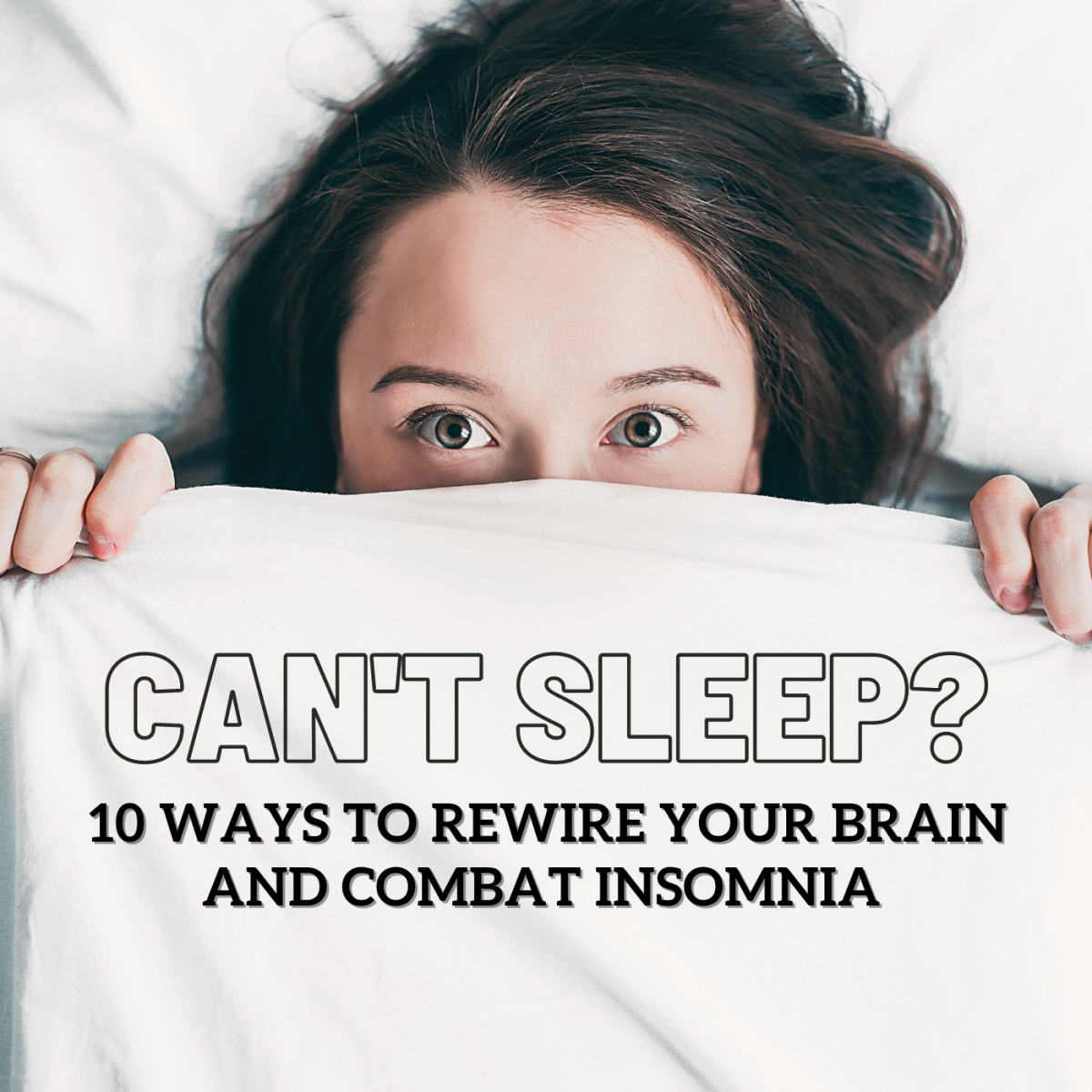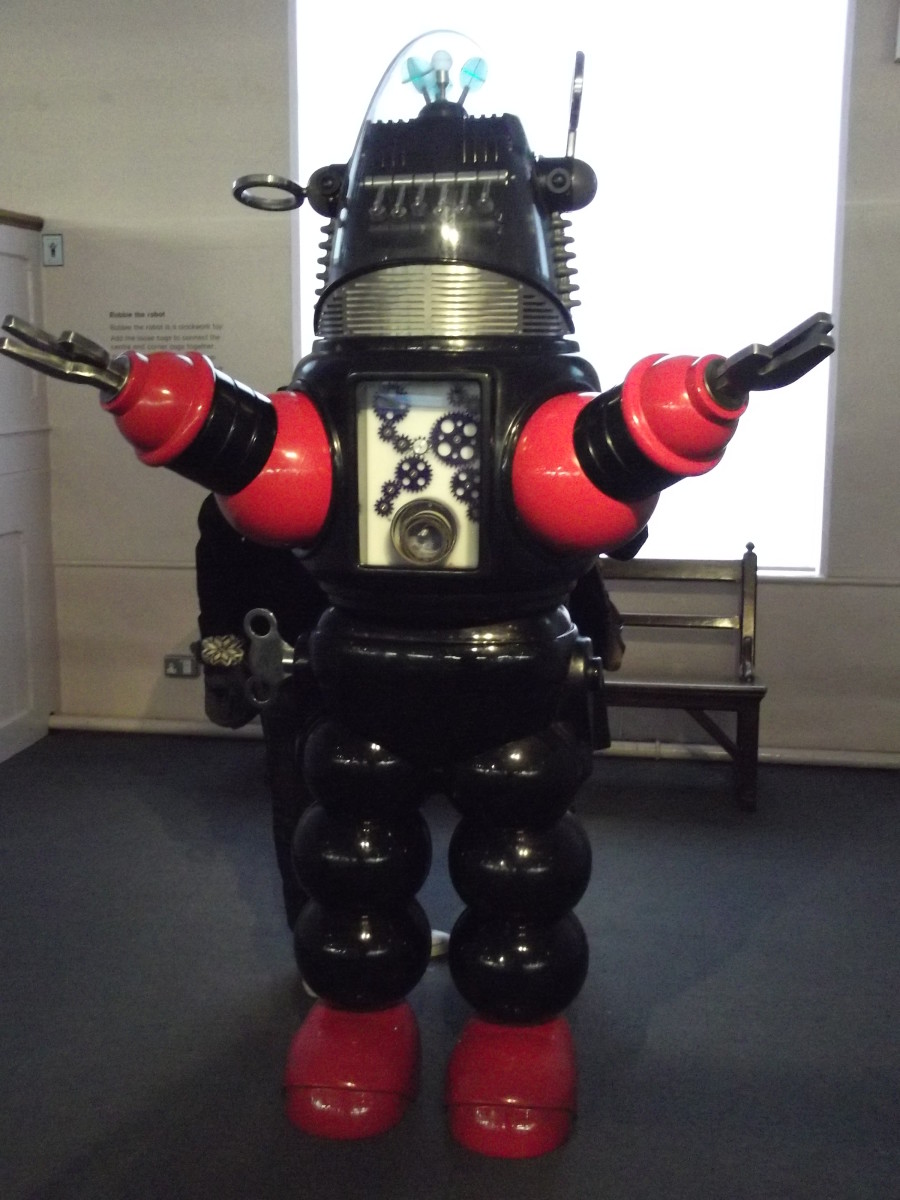What Are Sleep Disorders?
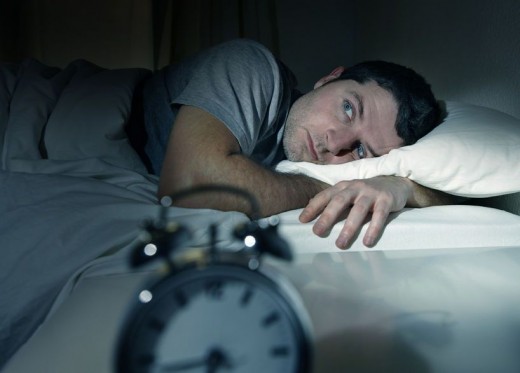
What is a sleep disorder?
According to thefreedictionary.com sleep disorders are: A group of syndromes that are characterized by the disturbance of the behavior, quality and the amount of sleep. Sleep disorders are classified by what caused them. Primary sleep disorders are considered different from prescription medications, substance abuse or medical conditions.
A sleeping disorder causes a disturbance of the sleep. They are also the cause for the inability to fall asleep, to go back to sleep and frequently waking up during the night. A sleep disorder makes you feel exhausted, tired and irritated, making it very hard for you to focus during the day. Most people experienced sleep disturbances at some point in their lives. Everyone can develop a sleep disorder, no matter what their age is. It all depends on the cause and treatment whether the sleep disturbance is short-term or long-term.
Categories of sleep disorders
Two major categories of sleeping disorders are the dyssomnias and the parasomnias. A person with dyssomnias suffers from changes in the amount and timing of their sleep. The well-known insomnia is an important dyssomnia that describes the inability to fall or remain asleep for a period of at least one month. Parasomnias are sleep disorders in which the behavior of the person is affected by the specific sleep stages or even the transitions between sleeping and waking. A nightmare is a classic example of parasomnias in which a person is awakened because of the terrifying dream.
Causes of Sleep Disorders
There are many possible causes for a sleeping disorder; the most common causes are:
- Anxiety: can cause bedwetting or nocturnal enuresis
- Depression: is known to be a cause of insomnia: the inability to fall or stay asleep for an extended period of time. Its causes can be many things, like a jet lag, stress or anxiety, etc.
- Caffeine, alcohol or nicotine and other stimulants intake in the late afternoon can keep you from falling asleep. Nicotine can cause insomnia and alcohol may help you fall asleep, but it also keeps you from deeper stages of sleep and is often the causes you to awaken in the middle of the night.
- Medications: there are many prescription drugs out there that can disturb your sleep. Such as heart and blood pressure medications, allergy medications, some pain medications and even weight-loss products which contain caffeine
- Stress or illness: may also lead to insomnia or other illnesses
- Obesity: can cause a sleep disorder called sleep apnea, where you have a short temporary stop of breathing during sleep.
- Change in environment or work schedule: can disturb your circadian rhythms which makes it difficult to sleep.
- Bad sleep habits: like an irregular sleep schedule, stimulating activities before bed, an uncomfortable sleep environment.
- Eating too much before going to bed: it can cause a discomfort when you lie down. You can experience heartburn.
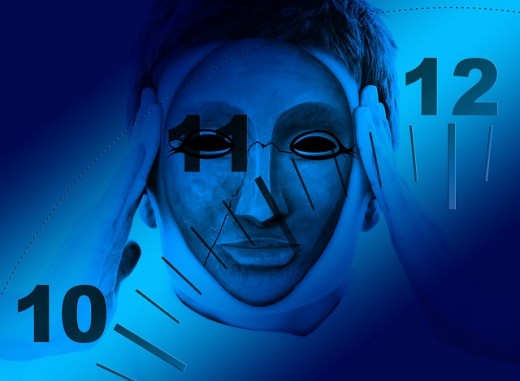
Common Sleeping Disorder Types
Sleeping disorders can be categorized under dyssomnias, parasomnias, sleep disorders associated with mental, neurologic or other medical disorders and proposed sleep disorders.
Dyssomnias are sleep disorders that cause a person to have difficulty with initiating their sleep or maintaining their sleep. Dyssomnias can be split up into 3 sub-categories of disorders: the intrinsic sleep, extrinsic sleep and circadian rhythm sleep.
Examples of intrinsic sleep disorders:
- Psychophysiological, an insomnia that is caused by two things: somatic tension and agitation like denying something that is experienced as stressful but is still in the unconscious and causes physiologic arousal; the other is learned sleep-preventing associations, this means the act of training the mind to associate things that are normally related to sleep like a bed with restlessness, for example playing an active game on the bed.
- Idiopathic insomnia, an abnormality of neurologic control of the sleep-wake system
Examples of Extrinsic sleep disorders:
- Inadequate Sleep Hygiene, a disorder due to performing activities when awake that are inconsistent with the maintenance of good quality sleep and full daytime alertness.
- Insufficient Sleep Syndrome, a disorder that occurs when the person fails to obtain sufficient sleep that is required to support normal wakefulness.
Examples of circadian rhythm sleep disorders:
- Delayed Sleep-Phase Syndrome, a sleep disorder where main sleep episode happens after the expected time periode, this can result in symptoms of insomnia or also major problems with awakening at the desired time.
- Advanced Sleep-Phase Syndrome, is a sleeping disorder where the major sleep episode happens before the desired clock time, possible symptoms can be serious onset of early sleepiness, since your rythtm has been advanced you can also wake up before the expected time.
Parasomnias, disruptive sleep disorders, can occur during arousals from REM, rapid eye movement, sleep or from NREM, non-rapid eye movement, sleep. All parasomnias are characterized by the involuntarily physical or verbal behaviors, like sleepwalking or talking during sleep. They occur during specific stages of sleep or the transitions between sleep and wake transitions.
Examples of Parasomnias:
- Sleep Bruxism, a movement disorder characterized by grinding or clenching of the teeth during sleep.
- Snoring, a characterized by loud upper-airway breathing sounds in sleep.
Examples of mental/neurologic and other medical sleep disorders:
- Psychoses, mental disorders characterized by the occurrence of delusions, hallucinations, catatonic behavior that causes impaired social or work functioning. Insomnia or excessive sleepiness is a common feature of the psychoses
- Alcoholism, it refers to excessive alcohol intake and applies to both alcohol abuse and dependency. Insomnia or excessive sleepiness is a common feature of alcoholism.
- Sleep-Related Asthma, asthma attacks during sleep
Examples of proposed sleep disorders:
- Short/Long Sleeper, an individual who sleeps less or more during a 24-hour period than what is to be expected for a person in his or her age group.
- Sleep Hyperhidrosis, characterized by profuse sweating that occurs during sleep.
Treatments for Sleep Disorders
There are many different treatments for sleep disorders and it all depends on the kind of disorder and person which of them would work. In general, there are two kinds of treatment categories:
- Non-pharmacological, treatments that do not involve any kind of drug intake like surgery or behavioral therapy. Sleep has an element of behavior to it, therefore therapies could influence these behaviors, like relaxation techniques and stimulus control.
- Pharmacological, treatments that involve a kind of drug intake, for example sleeping pills. It mainly depends on the sleeping disorder someone has whether it is advised to use sedatives or stimulants.
These treatments are always in development because we learn more about the brain every day. But as of today there is not a lot of information about the inner workings of our sleep. We are still in the dark when it comes to the exact function of sleep; we only know it has to do with information processing and cleansing the body, but the function of dreams is still unclear.
This content is accurate and true to the best of the author’s knowledge and does not substitute for diagnosis, prognosis, treatment, prescription, and/or dietary advice from a licensed health professional. Drugs, supplements, and natural remedies may have dangerous side effects. If pregnant or nursing, consult with a qualified provider on an individual basis. Seek immediate help if you are experiencing a medical emergency.
© 2016 Sam Shepards


